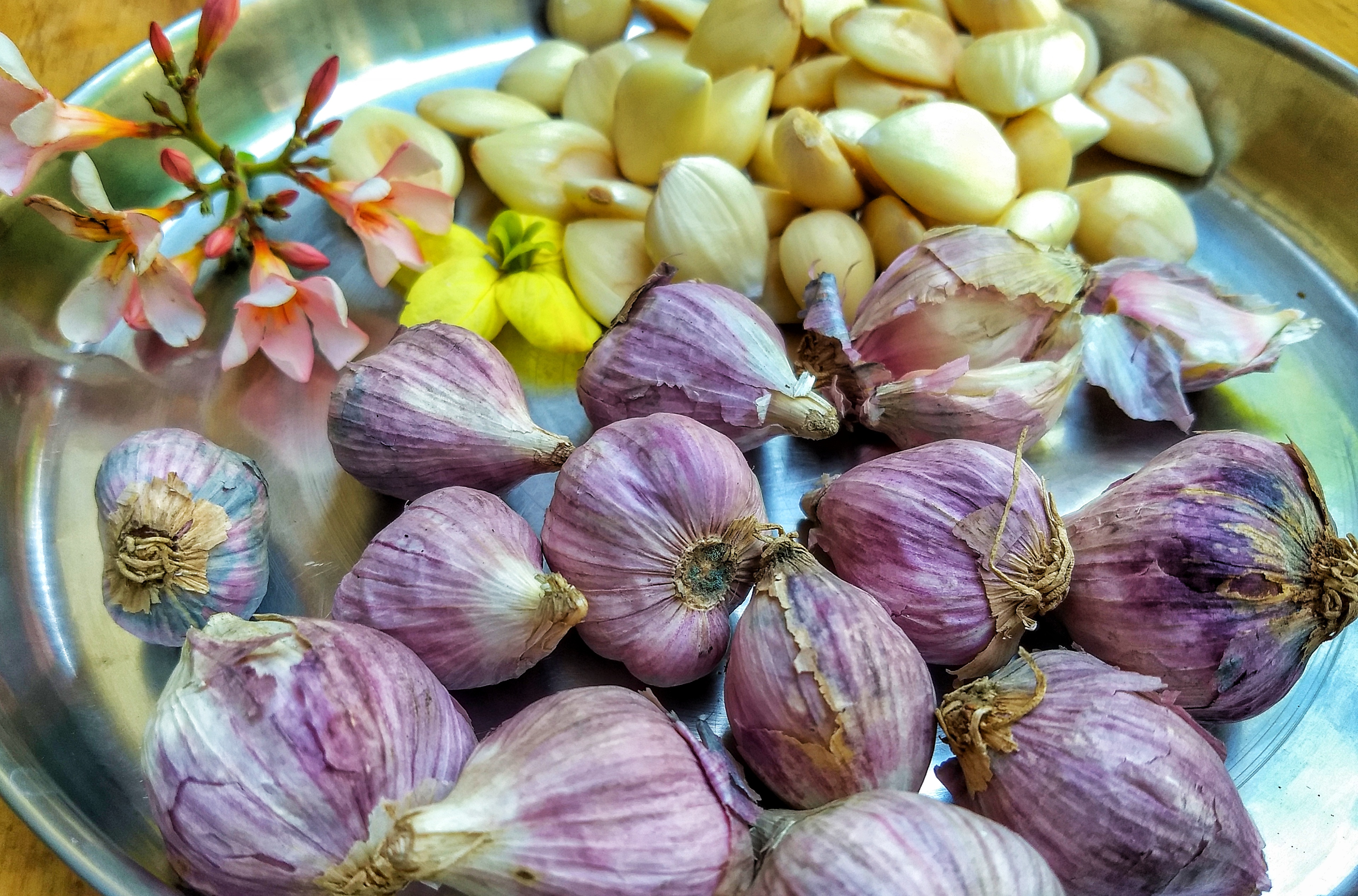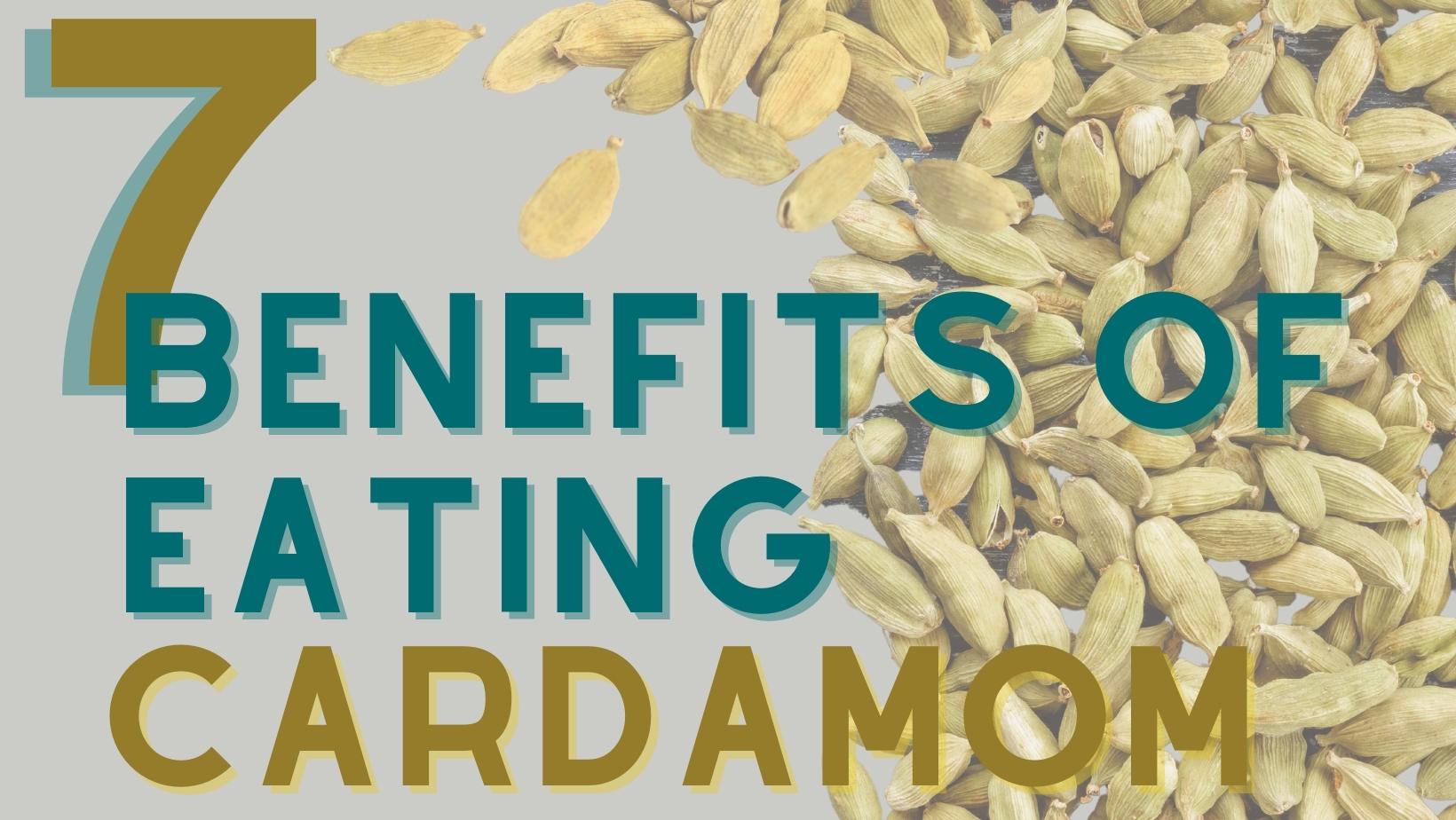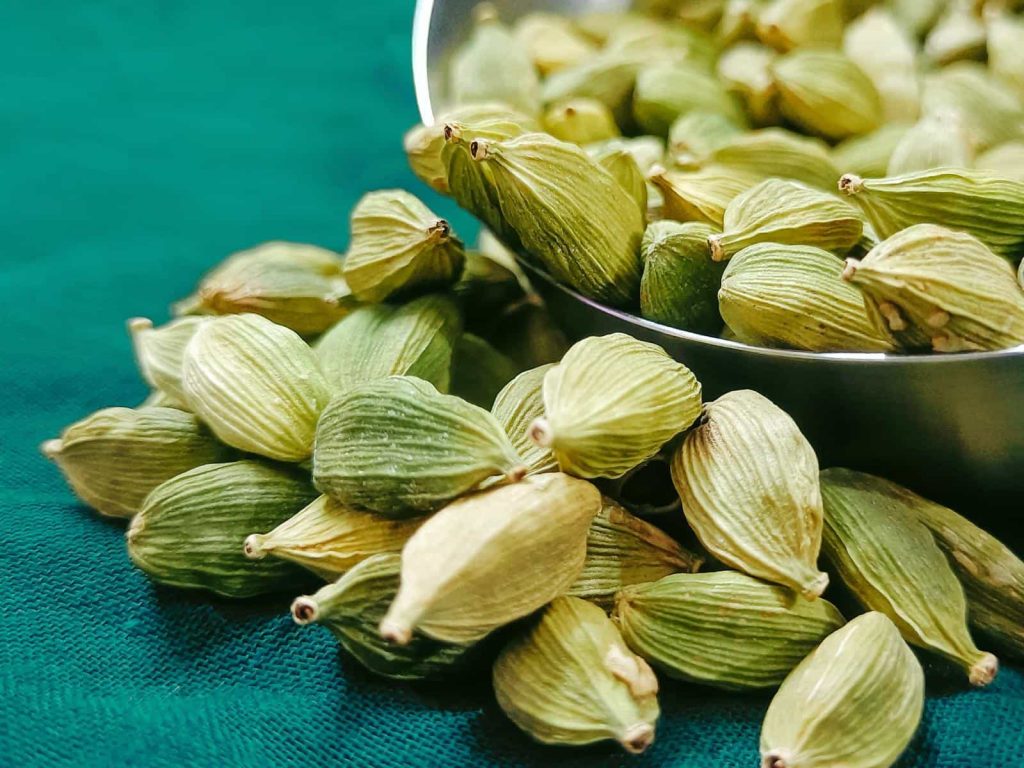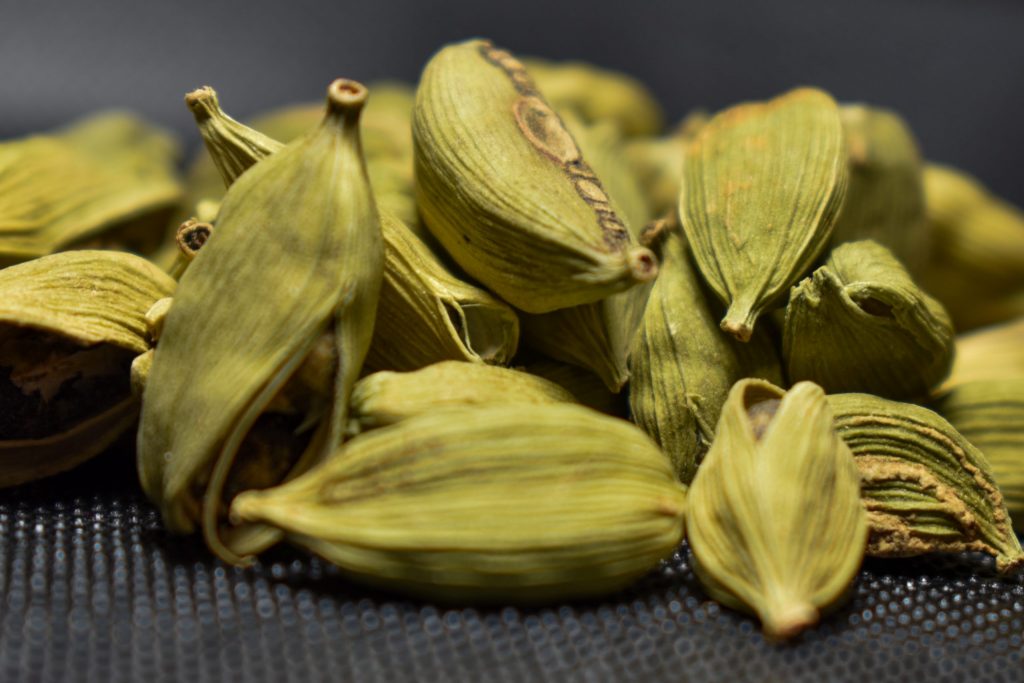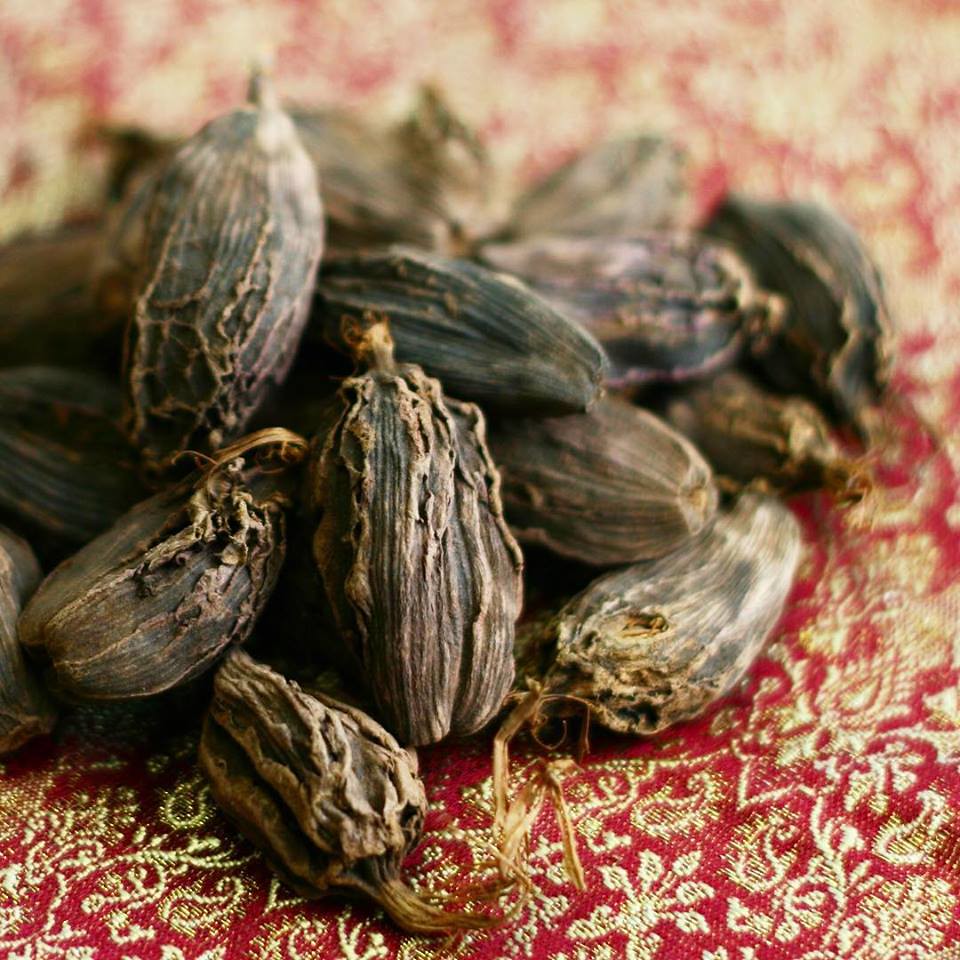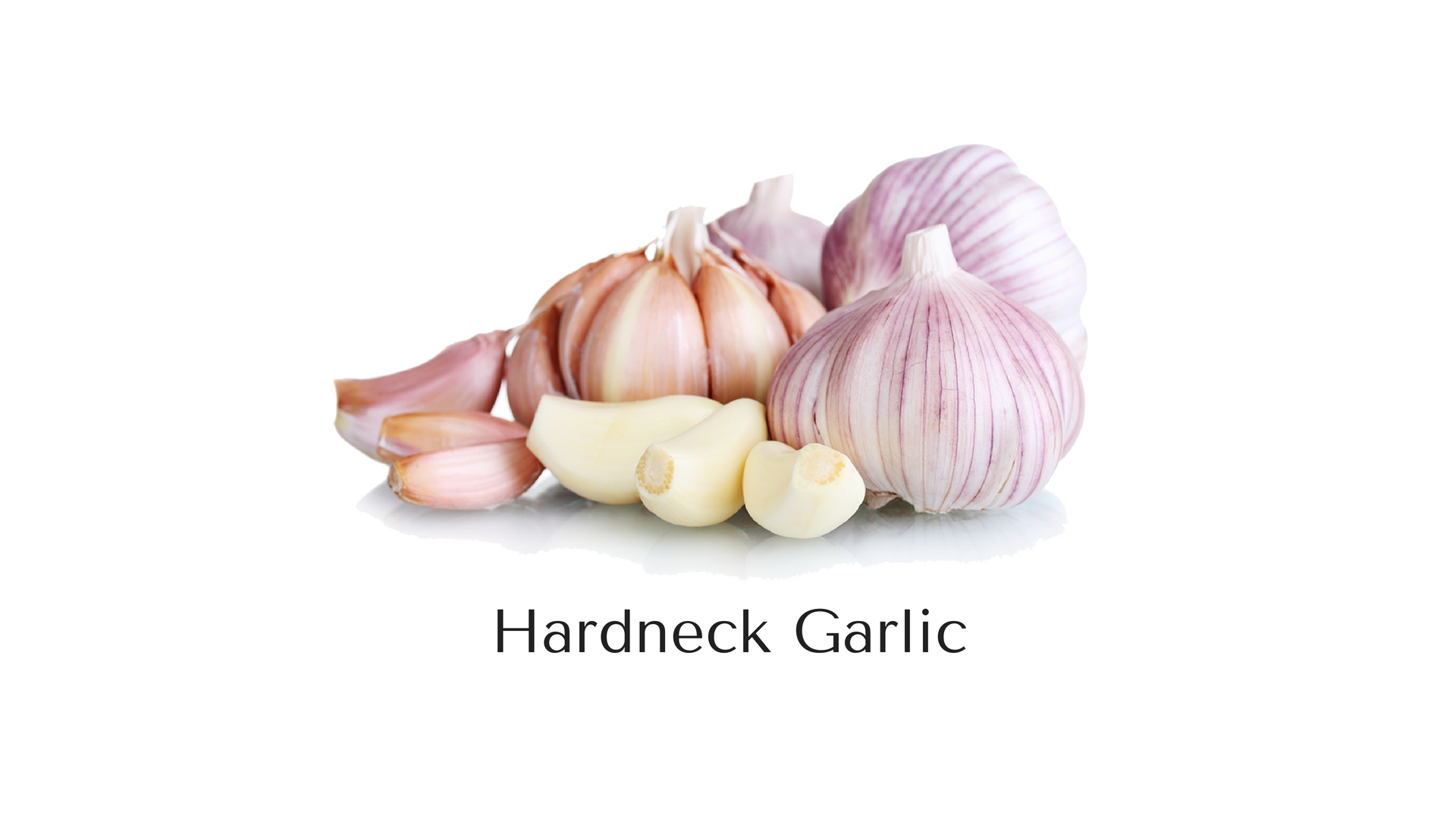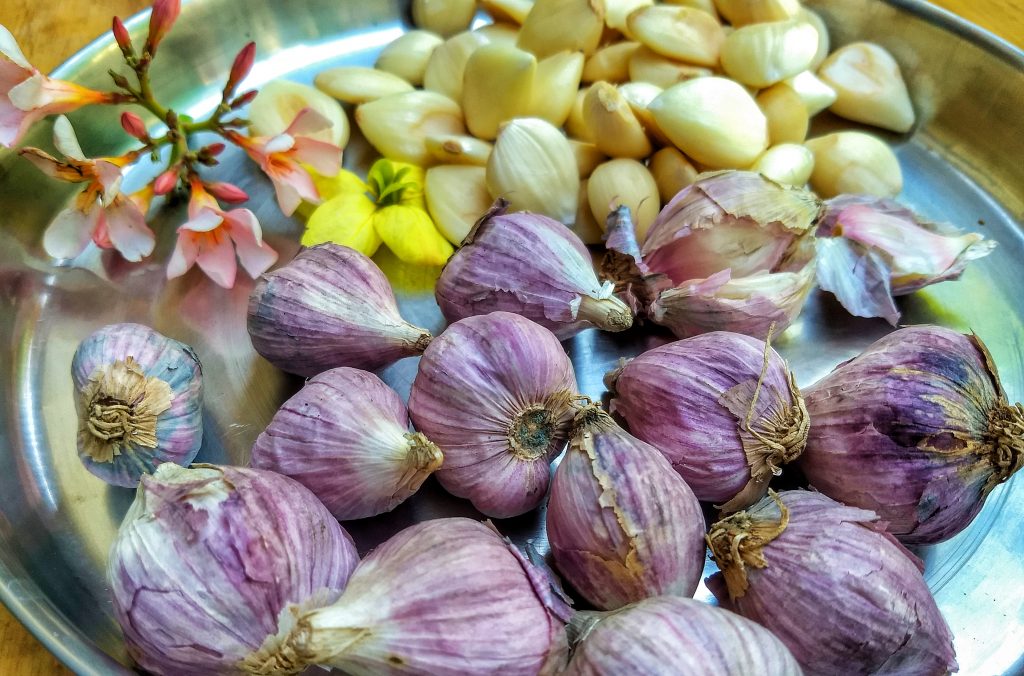Jeera, also known as cumin, is a spice that has been a staple in kitchens around the world for centuries. Originating from the Mediterranean and Southwest Asia, it’s used in everything from Indian curries to Mexican chili. But jeera is more than just a flavor enhancer. It’s packed with health benefits, and recently, it’s been making waves in the health and wellness community for its potential weight loss benefits. But how effective is it really? And how can you incorporate it into your diet? Let’s dive in and explore! 🏊♀️
Understanding Jeera (Cumin) and Its Nutritional Profile 🌿🔬
Jeera is a small seed that comes from the Cuminum cyminum plant. It’s rich in antioxidants and has anti-inflammatory and antimicrobial properties. These properties make it beneficial for boosting your immune system and fighting off infections.
Nutritionally, jeera is a powerhouse. It’s a good source of iron, which is essential for producing red blood cells and promoting energy production. It also contains manganese, which is involved in the metabolism of carbohydrates and proteins. Additionally, jeera is rich in calcium, magnesium, and phosphorus, which are vital for bone health.
One of the key components of jeera is its dietary fiber content. Dietary fiber is known to promote feelings of fullness, which can help control food intake and prevent overeating, a common issue for those trying to lose weight.
Please do have a look of our wide variety of products prepared using Cumin Seeds:
Kacha Aam Bombs
Guava Atoms
Anardana Atoms – Homemade Churan Goli
Aam Panna with Pudina
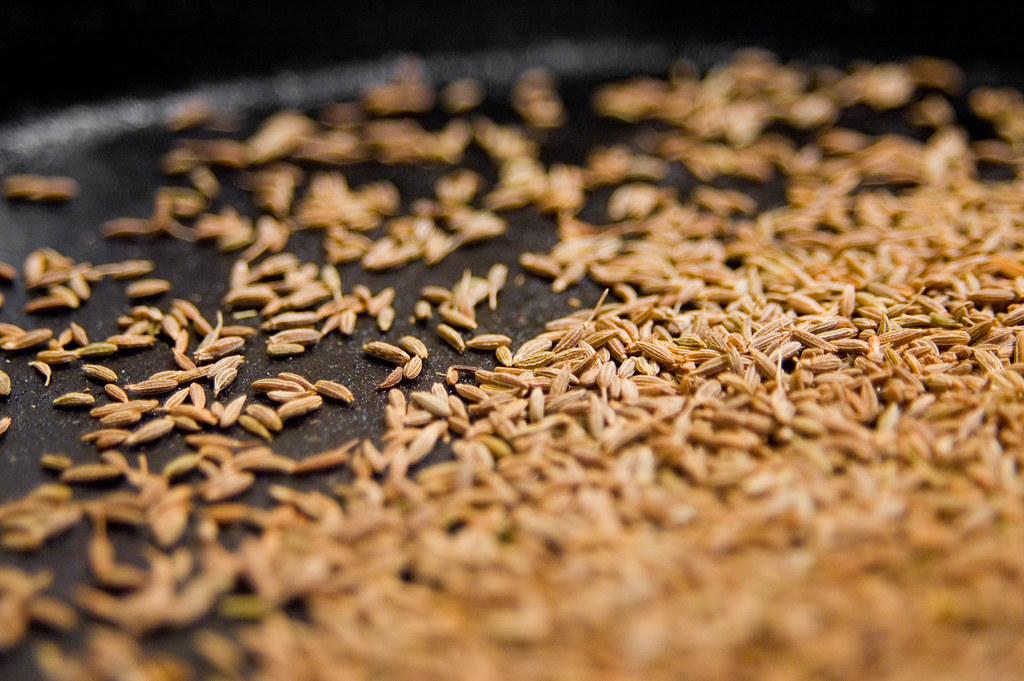
The Science Behind Jeera (Cumin) and Weight Loss ⚖️🔍
The question on everyone’s mind is, “Is cumin good for weight loss?” The answer, according to scientific studies, is a resounding yes!
Research suggests that cumin can help boost your metabolism, improve digestion, and reduce fat absorption in the body. These effects can help you burn more calories and lose weight.
One study published in the journal Complementary Therapies in Clinical Practice found that overweight individuals who consumed cumin powder regularly lost more weight than those who didn’t. The cumin group also showed a significant decrease in insulin levels, suggesting that cumin might help improve blood sugar control as well.
Another study in the Iranian Journal of Basic Medical Sciences found that cumin extract had a significant effect on weight loss and metabolic profiles of people with overweight.
How to Use Jeera (Cumin) for Weight Loss 🥣👩🍳
There are several ways to incorporate jeera into your diet for weight loss. Here are a few methods:
Jeera Water: This is one of the easiest and most popular ways to consume jeera for weight loss. To make jeera water, simply boil a teaspoon of jeera seeds in 2 cups of water for about 10-15 minutes. Strain the water and drink it first thing in the morning on an empty stomach.
Cumin Powder: Another way to use jeera for weight loss is by consuming cumin powder. You can add it to your meals, sprinkle it on salads, or mix it into a glass of water or yogurt.
Cumin Tea: Cumin tea is another delicious way to consume jeera. To make cumin tea, steep cumin seeds in hot water for about 10 minutes. Strain the seeds and enjoy your warm cup of cumin tea.
Benefits of Jeera Water and Cumin Tea 💧☕
Drinking jeera water or cumin tea regularly can offer several health benefits.
Improved Digestion: Jeera is known to stimulate the secretion of digestive enzymes and accelerate the digestion process, making it a great remedy for digestive issues like gas, indigestion, and constipation.
Better Blood Sugar Control: As mentioned earlier, cumin can help regulate blood sugar levels, making it beneficial for people with diabetes.
Enhanced Immunity: The antioxidants in jeera can help fight off harmful free radicals and boost your immune system.
Weight Loss: Of course, one of the most sought-after benefits of jeera water and cumin tea is weight loss. By boosting your metabolism and helping your body to burn more calories, these beverages can aid in weight loss.

What to Expect: Jeera (Cumin) Water for Weight Loss Results ⏳📈
While jeera water can support weight loss, it’s not a magic potion. The results will depend on various factors, including your overall diet, physical activity level, and metabolic health. Some people might start seeing results in a few weeks, while for others, it might take longer.
It’s also important to note that everyone’s body responds differently to dietary changes. While some may see significant weight loss with the inclusion of jeera water, others may experience more subtle changes. The key is to maintain consistency and give your body time to adjust and respond.
Additional Tips for Weight Loss with Jeera (Cumin) 📝💡
While jeera can aid weight loss, it’s important to remember that it’s not a standalone solution. For best results, combine it with a balanced diet, regular exercise, and a healthy lifestyle. Here are a few additional tips:
Balanced Diet: Incorporate a variety of fruits, vegetables, lean proteins, and whole grains into your diet. These foods are rich in essential nutrients and can help you maintain a healthy weight.
Regular Exercise: Aim for at least 150 minutes of moderate-intensity or 75 minutes of high-intensity exercise each week. This can include activities like walking, running, cycling, or strength training.
Stay Hydrated: Water is essential for all bodily functions, including metabolism. Aim to drink at least 8 glasses of water per day.
Get Enough Sleep: Lack of sleep can interfere with your body’s hunger hormones and lead to weight gain. Aim for 7-9 hours of sleep per night.
Manage Stress: High stress levels can lead to weight gain or difficulty losing weight. Incorporate stress management techniques like yoga, meditation, or deep breathing exercises into your routine.
Conclusion
Jeera is a versatile spice that can support your weight loss journey. It’s easy to use, has numerous health benefits, and adds a delicious flavor to your meals. So why not give it a try? Your body (and your taste buds) will thank you!
Call to Action
Found this article helpful? Share it with your friends and help them discover the benefits of jeera too! And if you’ve tried using jeera for weight loss, we’d love to hear about your experience. Leave a comment below! 👇💬

